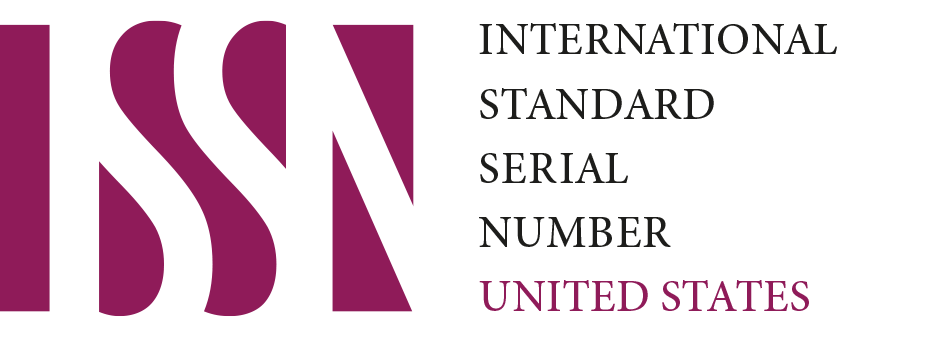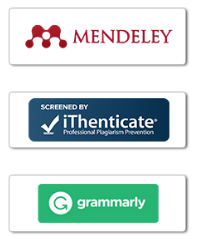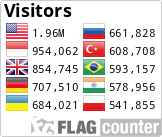E-Governance and Public Service Delivery: Evidence from Nigeria
DOI:
https://doi.org/10.59613/global.v3i1.374Abstract
Globally, e-governance enhances public service delivery by leveraging digital platforms such as online portals, mobile apps, and social media to make services more citizen-focused and efficient. However, challenges such as limited digital literacy, low Internet penetration, and inadequate mobile network coverage continue to hinder effective service delivery. These challenges inspired this study to investigate the effect of e-governance on public service delivery in Nigeria. This study employed survey research design with data primarily sourced using structured questionnaires based on Likert scale. The population of the study consist of public servants and members of the public most of whom are lecturers and students of tertiary institutions. The Ordered Logistic Regression (OLR) model was used to estimate the data. The results showed that digital literacy among public servants, digital literacy among citizens, Internet penetration rate and mobile network coverage have significant positive effects on public service delivery with (β = 0.108; p-value = 0.007), (β = 0.006; p-value = 0.004), (β = 0.633; p-value = 0.001) and (β = 0.078; p-value = 0.010). The study therefore concluded that e-governance affects public service delivery in Nigeria. Hence, the study recommended that the Federal Government of Nigeria should design mandatory training programs for public servants focused on e-governance skills; include citizens in digital literacy campaigns through schools and ensure digital platforms are user-friendly and available in multiple local languages.
Downloads
Published
How to Cite
Issue
Section
License
Copyright (c) 2025 Olabimitan Ajibola Omotayo , Ogunmodede Kehinde , John Stephen Alaba

This work is licensed under a Creative Commons Attribution 4.0 International License.













